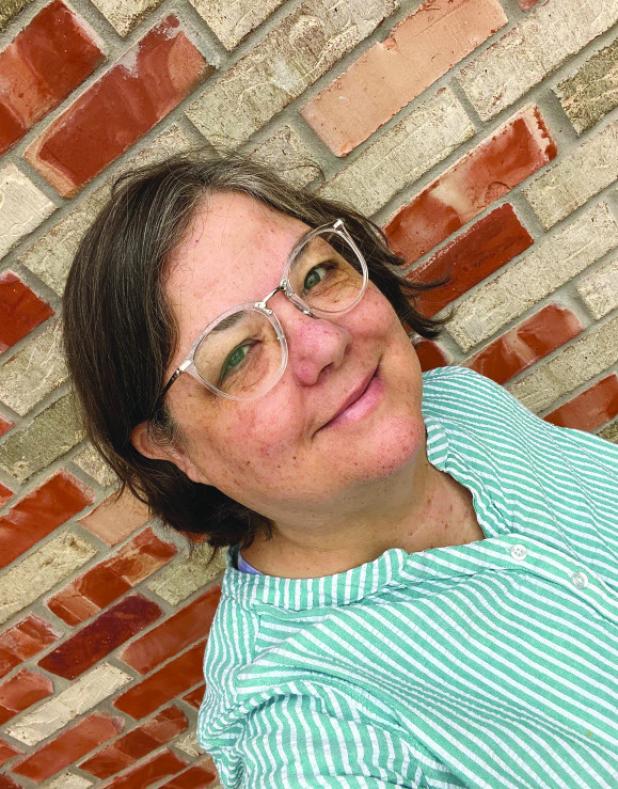
Beyond Expectations and Disappointments
Beyond Expectations and Disappointments
After last week’s column, “Walls,” I realized I left out something very important. It relates to expectation and disappointment.
We’re surrounded by stories of how relationships are supposed to work. “Boy meets girl,” etc. Sometimes they meet and fight. Sometimes they immediately hit it off. Sometimes there’s a series of games or manipulations but eventually there’s a honeymoon phase. Then they “live happily ever after” in fairy tales and movies.
Real relationships can look and feel very different. I knew a couple in my son’s early school class who’d been friends, dated other people and both really wanted to have a family. Neither, though, found anyone to settle down with. Instead they married each other and had two sons. Their marriage wasn’t romantic at all: they’re really good friends. But, it was the best they could do to have children within the context of a family. I really admired them because they made it look easy although I’m sure it was work and required a lot of negotiation.
Romance is nice and there are couples who are able to make it last. There are also lots of great perspectives on how Love is a choice, a decision, a verb: something we enact and create as we go. Being loving toward another very often inspires reciprocity, especially when two are committed to loving each other. Love is an investment.
Part of this work, of being in a loving relationship, is recognizing that when we feel disappointed, it is often due to unmet expectations of our own. This is a big part of the acceptance mentioned in last week’s column. Sometimes expectations are based on needs and other times, wishes or preferences. Taking the time to figure out if we can deal with that disappointment ourselves, or if it is something our partner can help with, or if it is something we need to grieve and just let go of, is a complication of relationships. Expectations can very often lead us to difficult emotional territory, sometimes creating walls after needs go unmet. These walls, in turn, prevent connection and intimacy.
Like I said, it’s complicated. Way too complicated to fully explore here because we’re all unique individuals and each relationship is also unique. Each situation requires special consideration. And whatever resolution is reached may only work for a time and may need to be revisited a few years down the road. People grow and change as do relationships.
To be clear: safety and honesty are basic needs that are required before trust is earned. Words and actions must match. When there is inconsistency, go by the behaviors.
“Actions speak louder than words,” is a cliche for a reason.
There may be other basic needs that you may require in your relationship like having pets or wanting to have children. Some relationship qualities cannot be compromised. Talk about it and if your partner is not willing to step up to meet these basic needs, then it may be time to walk away. This exploration of expectations is assuming that safety and honesty are in place.
You may notice that I mention self-compassion almost every week—it’s a vital coping mechanism for anything life throws at us. Being gentle with ourselves as we consider our expectations, letting go of what we can and grieving the loss of how or what we thought would happen is critical to making peace with relationships as they are and doing the best we can to love ourselves and our partner. It’s an ever deepening opportunity.
Don’t be surprised if you feel like you put an expectation to rest only to have it come up again later. This is normal and can mean different things. It might mean you have an unmet need that you need address. Or maybe the relationship has changed, or the context of your lives, and something is now missing. There’s a lot to consider. Internal housekeeping of expectations is an ongoing, life-long process. Accepting people as they are, making peace with how things are, taking time to discern your needs and how best to meet them— this all pays off by increasing joy and peace in your life as well as enriching connection and intimacy.
Agree? Disagree? Questions? All feedback welcome! Email YourBestHereOlney@gmail.com. Feel free to make suggestions if there’s a topic you’d like to hear more about. All feedback will remain confidential (unless limited by law). Mona Bernhardt, LCSW grew up in Olney and happily returned after living elsewhere for 40 years.
